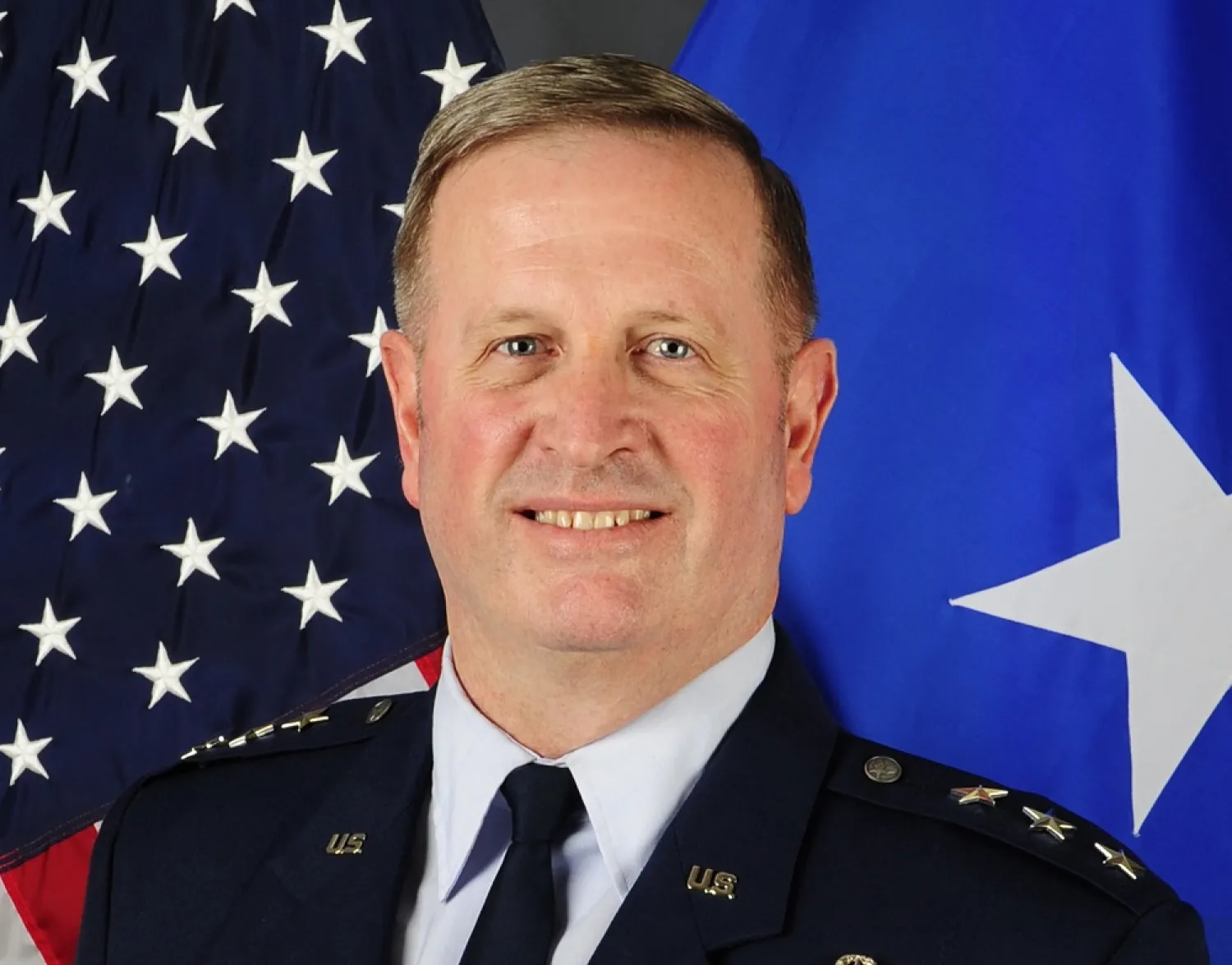Libya is escalating into a destabilizing proxy war worsened by America’s often confusing and consistently hands-off approach.
The United States can no longer afford such an attitude, which escalates the fighting and offers Turkey and Russia strategic footholds in the Eastern Mediterranean, warned retired US Air Force Lt. Gen. Thomas Trask in an op-ed published by The National Interest on Monday.
Trask said that Washington is “proud” to partner with the UN-backed, Tripoli-based Government of National Accord (GNA) “despite it being an Islamist-dominated regime with little hope of uniting the country.”
“American diplomats have led no charge to address the fighting. Instead, they mostly echo European initiatives for a ceasefire or, most recently, have begun coordinating policy with Turkey. Turkey and Russia are pouring into this vacuum,” he noted.
“Backers on both sides could simply keep flooding reinforcements into the country, producing an ever-bloodier stalemate. By worsening the security vacuum and physical destruction inside Libya, this would enable ISIS to regrow and worsen the spread of coronavirus countrywide —either or both of which could drive renewed refugee flows toward Europe,” he wrote.
Trask added that “Turkey and Russia could tacitly divide Libya between themselves, and could mimic the Astana process they initiated to determine Syria’s fate without US input. The two already are in close contact, including discussing plans for a settlement.”
“Such an agreement would logically appeal to both Ankara and Moscow, in no small part, because it would create so many problems for the United States and allies,” he continued.
“A sphere of influence in Libya would represent Erdogan’s first success in propping up the Muslim Brotherhood around the region – a policy which has threatened most every US Middle East ally. Equally important, it would encourage further gunboat diplomacy by bolstering Ankara’s claims, however illegitimate, to the energy-rich waters between Turkey and Libya. This would directly threaten energy development by Greece, Cyprus, Israel and Egypt, all of whom Washington sees as helping reduce Europe’s dependence on Russian natural gas,” according to Trask.
Moreover, he said the “de facto partition of Libya could appeal to Moscow for the same reason. As with Syria, Libya also provides a valuable beachhead ringing NATO’s southern flank, especially if Russia installs advanced air defenses or other weaponry.”
Trask stressed that the United States must appoint a special envoy for the Eastern Mediterranean to devise a negotiated solution to the Libya conflict. Among his or her top priorities would be limiting Ankara’s support for the GNA, including leveraging the option to redeploy US military assets out of Turkey.









